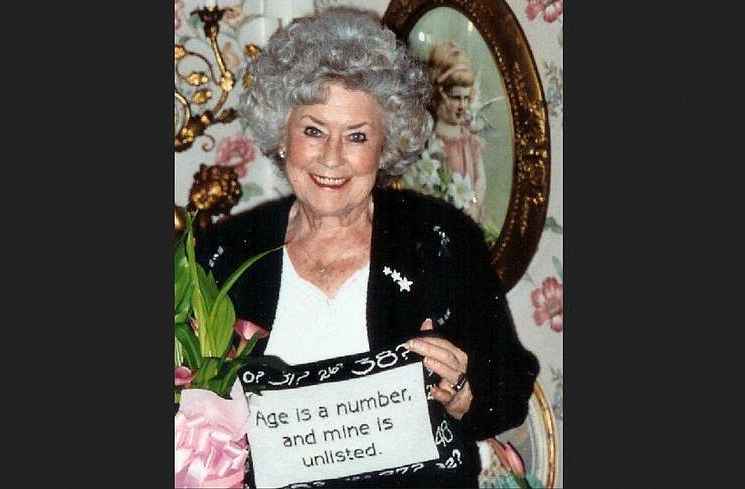






See listing of Recent and Most Popular articles on the Home Page
Connections
Category: Relationships / Topics: Character, Integrity • Discipline • Education • Family • Parenting, Parents • Relationships
Developing a Child's Self-Esteem (part 1)
by Ken Potts
Posted: April 5, 2020
It's not easy in today's world
Editor's note: Directed at parents, Ken's advice applies equally well to grandparents. First of two parts
Your 3-year-old daughter talks and acts as though she can do anything any other 3-year-old -- boy or girl -- can do. She is positive, upbeat, and happy.
Your 13-year-old constantly depreciates her intelligence, her physical abilities, her appearance. She regularly defers to boys her age. She too often seems subdued, sad, pessimistic.
Your two children are, sadly enough, perfectly normal.
Research into how children's self-esteem and overall happiness develop over time points to two conclusions. First, as our children age, they may have a lower sense of self-esteem and become less happy. Second, this change is much more pronounced in girls than in boys.
What's happening, and what can we do about it?
It's not easy to be a child, but I suspect that it is harder now. And it's not just the turmoil in our families. Actually, despite various pundits to the contrary, our families are actually not much more or less "dysfunctional" than they ever were.
The family has never been a particularly secure, stable institution (though it is usually still the best one in which to raise children). War, poverty, death and divorce can wreak havoc on families.
There are three new factors today.
First, when families failed in the past, we usually had a community of grandparents, aunts and uncles, friends and neighbors who stepped in to help out. It was fairly common to be born, grow up, live, and die with the same circle of people around us.
Now our families are often scattered across the country, if not the world. The same is true for our friends, and we often don't even know our neighbors. When bad things happen now, our families, especially our children, are frequently left without a community to support and care for them.
Second, it is harder now for children to be children. In the days before the advent of radio, and especially TV, children were sheltered from much of the craziness that goes on in the world.
Let's face it, there is a lot of news we adults would rather not hear, but at least we have more mature minds with which to process it.
Kids simply do not have the cognitive capacity to put any perspective on what they see and hear in our mass media culture. Because we put few, if any, limits on our children's access to information and spend little time helping them understand it, they may feel powerless and insecure.
Third, our culture has developed measures of self-worth that relate primarily to physical appearance, athletic ability and financial success. We too often teach our children that they must be exceptional, if not the best, in whatever they attempt. The children soon realize that they cannot measure up to such standards.
And the older they get, the more they understand all of this, the more they feel powerless and insecure, the less self-esteem they have, the unhappier they are.
So now what? Well, usually once we know the problem we're at least halfway to knowing a solution. So let's think about what we can learn from all this.
Search all articles by Ken Potts
Dr. Ken Potts is on the staff of SamaraCare Counseling Center in Naperville and Downers Grove, Illinois. • E-mail the author (gro.gnilesnuoceracaramas@sttopk*) • Author's website (personal or primary**)* For web-based email, you may need to copy and paste the address yourself.
** opens in a new tab or window. Close it to return here.
Posted: April 5, 2020 Accessed 198 times
![]() Go to the list of most recent Connections Articles
Go to the list of most recent Connections Articles
![]() Search Connections (You can expand the search to the entire site)
Search Connections (You can expand the search to the entire site)
![]() Go to the list of Most Recent and Most Popular Articles across the site (Home Page)
Go to the list of Most Recent and Most Popular Articles across the site (Home Page)
 Loading requested view...
Loading requested view...